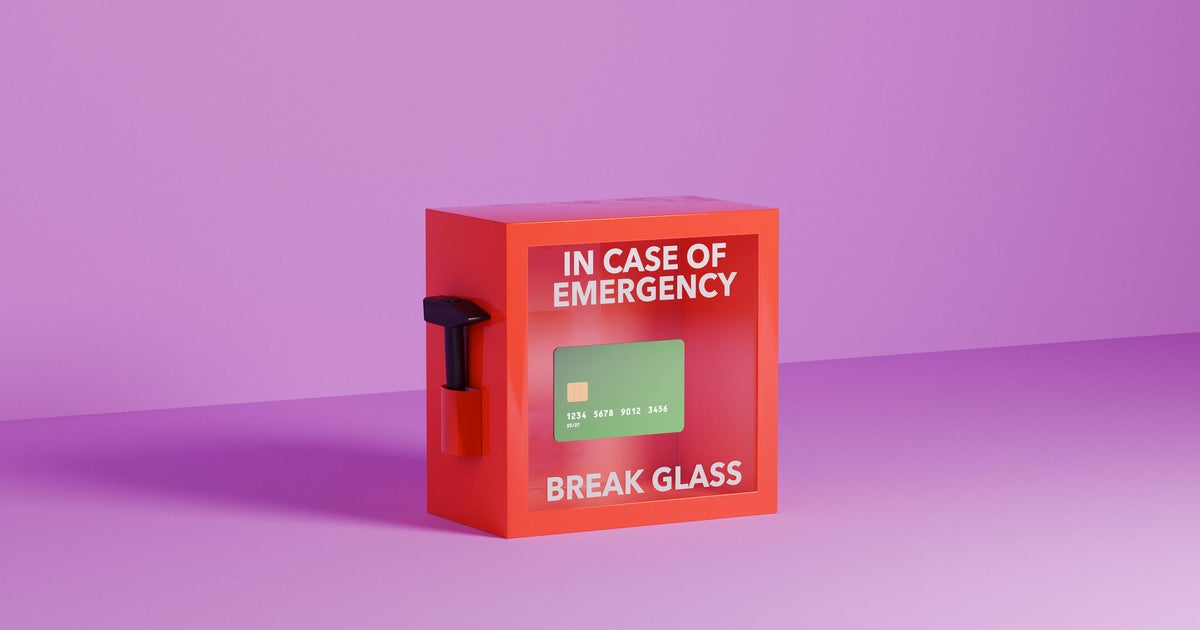Should I get travel insurance?
Planning a trip can be stressful, especially if it's somewhere you've never been before. It requires significant research, determining which flight to take, which hotel to stay at, which tours to book — the list goes on.
With all the time and effort you spend booking the perfect vacation, you don't want to worry about things like delays, cancellations, or unexpected expenses. That's why some travelers buy travel insurance, which allows you to submit a claim to the insurer for financial reimbursement of up to 100% of your trip cost for a variety of covered reasons.
If you're looking to protect your trip and have peace of mind that you won't lose a significant sum of cash due to unforeseen events, then get started by shopping around for a travel insurance policy now. You just need to insert your trip and traveler information to get started.
Should I get travel insurance? How to decide
There are numerous reasons to insure your trip, especially if you're traveling during the holiday rush or heading abroad for a significant period of time. But those aren't the only times you should opt for travel insurance. If you're trying to decide whether travel insurance is right for you, here are some things you should think about.
What type of coverage you'll need
Choosing a travel insurance plan is easy when you know what you want. If you're looking for a basic plan then comprehensive coverage should be sufficient. It includes protections such as trip interruption, delays and cancellations, medical emergencies, lost luggage and more.
"People are now more knowledgeable about the unpredictable nature of their everyday lives, which can be affected by natural disasters, terrorism or even an illness in their family, so they are drawn to solutions that will mitigate these problems," Immediate Past President Jon Ansell of the U.S. Travel Insurance Association (UStiA) said in a news release. "Savvy, experienced travelers know the value of travel insurance and assistance, and use it to improve their overall travel experience."
To shop comprehensive travel insurance plans, head to Squaremouth. You can view multiple options at once and get competitive prices.
In certain circumstances, you may want to buy additional coverage.
"At the same time, we are concerned about how few people realize their healthcare policies provide very little if any, out-of-country medical coverage, and some don't cover you if you are traveling more than 100 miles from home," Ansell added.
If you're traveling to a location that doesn't accept your health insurance and you're traveling for a significant period of time (meaning, there are more chances of an accident or unexpected medical emergency), then you should also consider buying Travel Health Insurance and Medical Evacuation Insurance, recommends the Centers for Disease Control and Prevention (CDC).
"If you need medical care in another country, you will likely need to pay out-of-pocket for any services. Even if a country has nationalized health care, it may not cover people who are not citizens. Before you go, consider your insurance options in case you need care while traveling," the CDC states online, adding that it's particularly critical if you have pre-existing conditions or are planning to participate in adventurous or high-risk activities.
Only you can determine whether or not you need travel insurance, but understanding the benefits included with it should help make your decision easier.
Think: Would this coverage benefit me? Is there a possibility I may need it?
How much you're willing to pay
The cost of travel insurance depends on a variety of factors: your travel plans, your traveler information (age, location, etc.) and the type of coverage you need.
In general, travel insurance shouldn't cost more than 10% of your total trip cost. U.S. Travel Insurance Association (UStiA) says costs should range from 4% to 8% of your trip, while Squaremouth estimates it's around 5% to 10%. Most travel insurance providers will recommend you buy the least expensive option with the benefits you desire.
If you're looking to save money on travel insurance, then utilize websites like Squaremouth, where you can insert your information and see dozens of potential policies with the click of a button. You can sort by "lowest to highest" price to help find affordable policy options.
Whether your destination requires it
Depending on your destination, you may not have a choice. Some countries have certain travel insurance requirements in order to enter the country.
This mainly pertains to medical and medical evacuation coverage. Some comprehensive plans include these benefits, though in some cases you may need to purchase it as an add-on.
"The Emergency Medical benefit can make sure you aren't responsible for the cost of high medical bills in the event of an emergency during your trip. This benefit can cover the expenses you incur if you become sick or injured while you're traveling, including the costs of seeing a physician, hospital fees, ambulance services, and others," Squaremouth notes, suggesting that travelers get $50,000 minimum in emergency medical coverage to ensure you don't get stuck with hefty bills.
Bottom line
You need to determine if the benefits are worth the cost and whether travel insurance could save you money in the end. If you're traveling abroad or concerned about medical-related issues while traveling, then insurance can give you some relief. Plus, in some countries it's mandatory.
Take all of these things into consideration when determining whether you should get travel insurance. Most importantly, shop around for the best policies and prices available.




